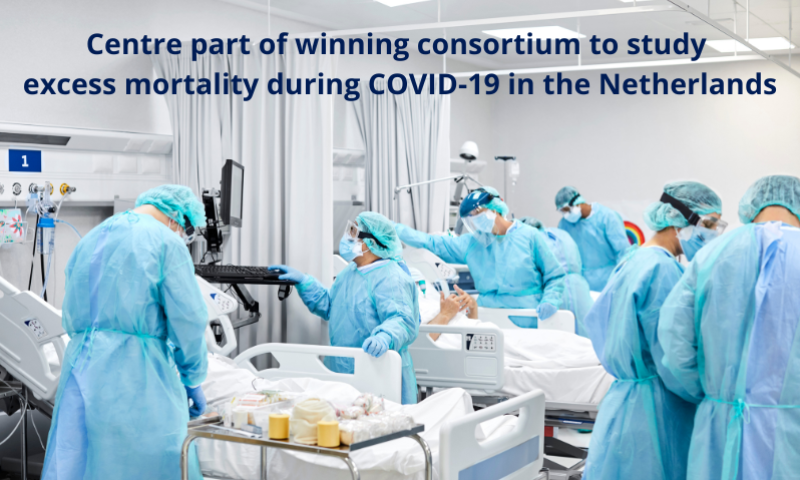The Leverhulme Centre for Demographic Science continues to receive widespread media attention, public and policy impact. For media queries, please contact LCDS.Media@demography.ox.ac.uk.

Life in a violent country can be years shorter and much less predictable – even for those not involved in conflict.
How long people live is less predictable and life expectancy for young people can be as much as 14 years shorter, in violent countries compared to peaceful countries, according to a new study today [3/2] from an international team, led by Oxford’s Leverhulme Centre for Demographic Science. It reveals a direct link between the uncertainty of living in a violent setting, even for those not directly involved in the violence, and a ‘double burden’ of shorter and less predictable lives.

Studying excess mortality during COVID-19 in the Netherlands
Postdoctoral Researcher Mark Verhagen discusses an awarded project involving researchers at the Centre and Amsterdam Health and Technology Institute (AHTI),that will use individual-level health insurance data and administrative records to compare healthcare use before and during COVID-19.

Collaborative project with British Academy and Academy and Academy of Social Sciences
Led by our Director Professor Melinda Mills, the team will delve into the REF2021 case study dataset to examine the impact of research in the arts, humanities and social sciences across the UK. Also covered by Research Professional News here.







